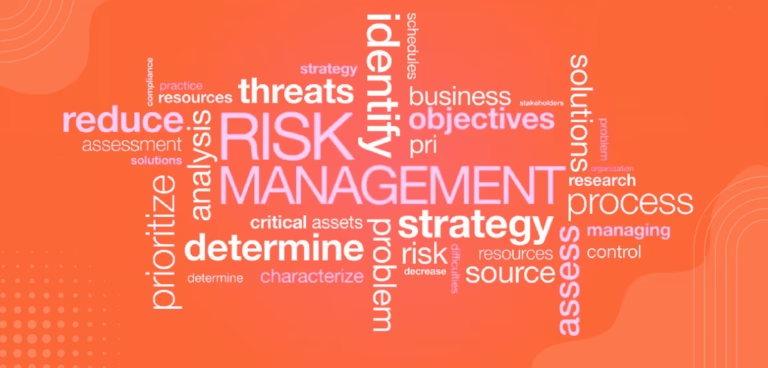The Evolution of the CISO: From Tech Expert to Strategic Leader
Remember when cybersecurity meant installing antivirus software and calling it a day? Those simple times feel like ancient history now. As someone who’s watched the cybersecurity landscape evolve over the decades, I find the transformation of the Chief Information Security Officer (CISO) role particularly fascinating. Let’s dive into how this position has grown from a purely technical role into one of the most strategic positions in modern organizations.
The Early Days: When Security Was an Afterthought
Picture this: It’s the 1960s, and organizations are more worried about someone physically stealing their computers than hacking them. Security meant locked doors and keypads. When ARPANET arrived in 1966, it opened up tremendous possibilities for connectivity and created vulnerabilities we hadn’t even imagined yet.
The real wake-up call came with programs like the Creeper. While not malicious, it showed us just how vulnerable our connected systems could be. It was like discovering your house had windows you never knew about – and they were all unlocked.
The 1990s: Enter the Internet, Exit Simple Security
The 1990s brought the commercial internet, and suddenly everything changed. Organizations rushed to get online, often before thinking through the security implications. It was like building a house while people were already moving in – not ideal, but that was the reality we faced.
This period saw the birth of the Information Security Officer (ISO) role. These early security professionals were our digital firefighters, implementing firewalls and fighting off the first waves of viruses and worms. But here’s the thing: we were always playing catch-up, reacting to threats rather than preventing them.
The Modern CISO: Way More Than Just Tech
Today’s CISO role is almost unrecognizable from its early days. While technical expertise is still crucial, it’s just one piece of a much larger puzzle. Modern CISOs are:
- Strategic Leaders: They’re not just protecting assets; they’re enabling business growth through secure digital transformation
- Risk Managers: They’re assessing and mitigating risks across the entire organization
- Compliance Experts: They’re navigating complex regulatory requirements like GDPR, HIPAA, and CCPA
- Cultural Champions: They’re building security-aware cultures where every employee becomes part of the defense
- Business Leaders: They’re aligning security initiatives with business objectives and speaking the language of the C-suite
The New Challenges: It’s Not Getting Any Easier
The modern CISO faces challenges that would have been unimaginable in the early days:
- Advanced Persistent Threats (APTs): Nation-state actors and organized crime groups with sophisticated tools and patience
- Cloud Security: Protecting data and applications in environments we don’t physically control
- IoT Expansion: Securing an ever-growing network of connected devices
- Remote Work Security: Ensuring security when the traditional network perimeter has essentially disappeared
- AI and Machine Learning: Both a powerful tool for defense and a potential weapon in the wrong hands
The Skills That Matter Now
Success as a modern CISO requires a unique blend of capabilities:
- Strategic Thinking: The ability to see the big picture and plan for future threats
- Communication: Translating complex technical concepts into business terms
- Leadership: Building and inspiring high-performing security teams
- Business Acumen: Understanding how security enables business objectives
- Adaptability: Staying agile in an ever-changing threat landscape
Looking Ahead: The Future CISO
The evolution of the CISO role shows no signs of slowing down. As technology continues to advance and threats become more sophisticated, CISOs will need to keep evolving. The most successful will be those who can balance technical expertise with strategic leadership, all while keeping their organizations secure and competitive.
For those aspiring to the CISO role or current CISOs looking to stay relevant, the message is clear: embrace continuous learning, develop your business acumen, and never lose sight of the strategic impact of security on business success.
The CISO role has come a long way from its technical roots, and its importance will only grow in our increasingly connected world. As we face new challenges and threats, the CISO will continue to be a crucial bridge between technical security and business strategy.
What trends are you seeing in the evolution of the CISO role? How are you preparing for the challenges ahead? Share your thoughts and experiences in the comments below.







